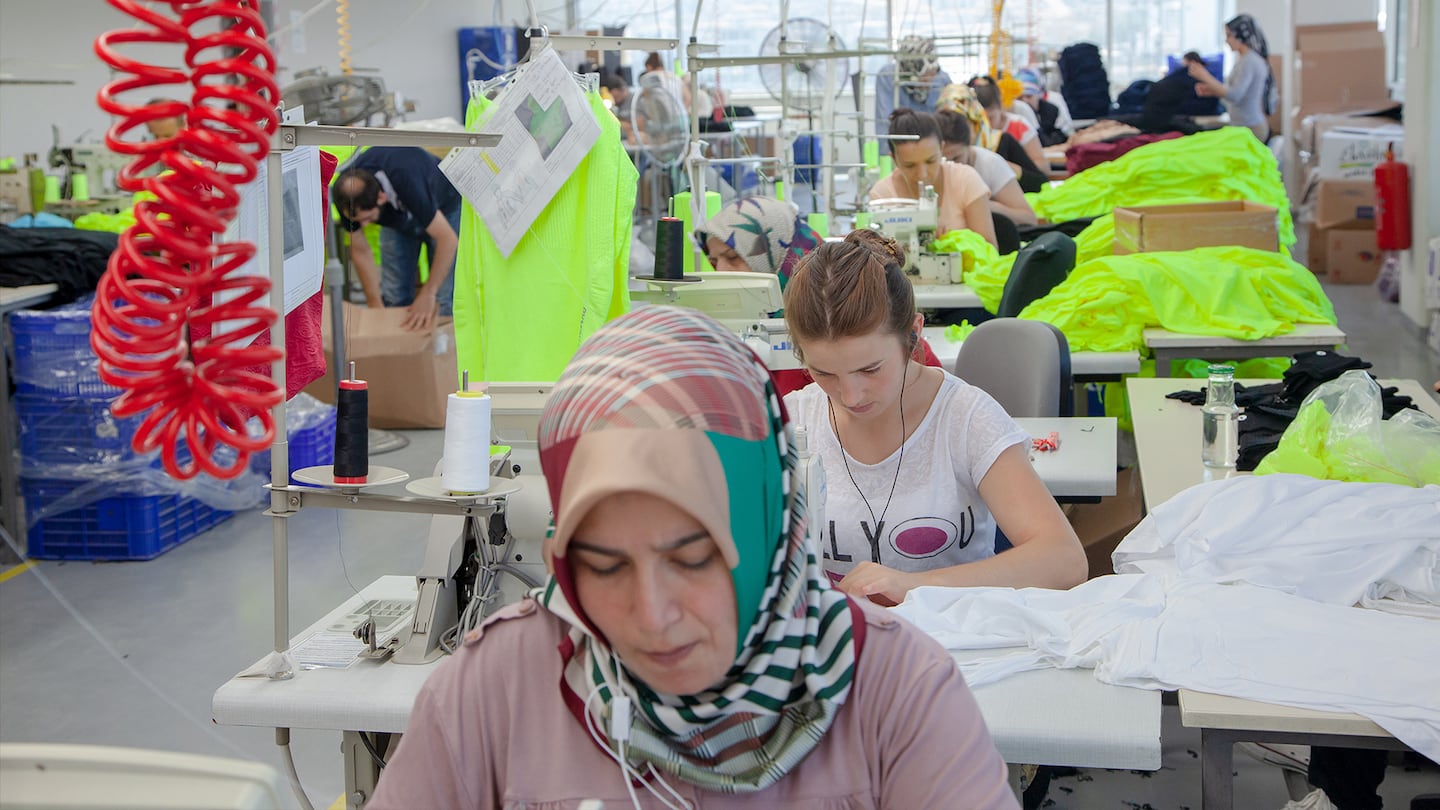
The Business of Fashion
Agenda-setting intelligence, analysis and advice for the global fashion community.

Agenda-setting intelligence, analysis and advice for the global fashion community.

Big brands have stepped up sourcing in Europe over the last few years in a race to get the trendiest clothes to the continent’s consumers as quickly as possible. But the push for faster fashion has come at the expense of European manufacturers and their workers, according to a new report by labour advocacy groups Clean Clothes Campaign and Fair Trade Advocacy Office.
Major brands in both the luxury and mass market segments often pressure suppliers to lower prices, despite the effects of inflation, according to the report, which was based on interviews with suppliers, experts and union representatives in Italy, Bulgaria, Romania, Croatia, the Czech Republic and Germany. Manufacturers are regularly asked to make changes midway through production, but are also liable for any delays. Lead times are often unrealistic and payment timelines have ballooned.
Such trading practices are relatively common in the garment industry and contribute to low wages and labour abuses. The report’s authors are calling for tougher government regulation.
Learn more:
ADVERTISEMENT
On Labour Rights, You Get What You Pay For
With purchasing practices that undercut the cost of production, big brands are shortchanging workers and undermining their own commitments to operate more responsibly, according to a new study.
Traces of cotton from Xinjiang were found in nearly a fifth of samples from American and global retailers, highlighting the challenges of complying with a US law aimed at blocking imports that could be linked to forced labour in China.
The fashion industry continues to advance voluntary and unlikely solutions to its plastic problem. Only higher prices will flip the script, writes Kenneth P. Pucker.
The outerwear company is set to start selling wetsuits made in part by harvesting materials from old ones.
Companies like Hermès, Kering and LVMH say they have spent millions to ensure they are sourcing crocodile and snakeskin leathers responsibly. But critics say incidents like the recent smuggling conviction of designer Nancy Gonzalez show loopholes persist despite tightening controls.